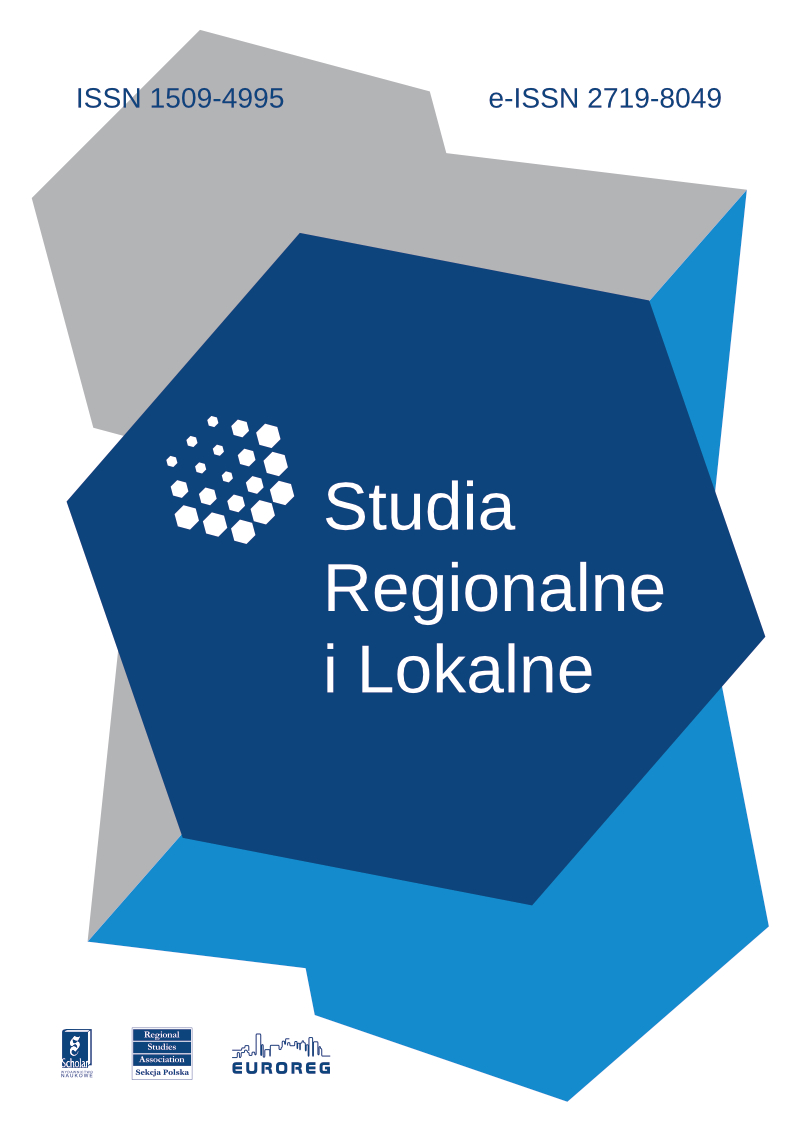Jak wam się podoba… Warszawa jako metropolia Trzeciego Świata?
Tekst jest próbą analizy relacji i interakcji pomiędzy głównymi aktorami „sceny warszawskiej”: przedstawicielami władz lokalnych, badaczami społecznymi, architektami, urbanistami, dziennikarzami i zwykłymi mieszkańcami stolicy. Autorka stara się podsumować dyskurs o przestrzeni publicznej Warszawy i trudności w komunikacji, jakie stały się udziałem uczestników tej debaty, oraz określić miejsce Warszawy na osi rozpiętej pomiędzy metropolią a miastem Trzeciego Świata. Centralna problematyka obejmuje zagadnienia definiowania przestrzeni publicznej i jej funkcji stołecznych w przypadku Warszawy, pozycji i ról bohaterów „gry o przestrzeń miejską”, struktury architektoniczno-urbanistycznej oraz tożsamości mieszkańców. Esej oparty został o badania sondażowe, wywiady pogłębione i analizę treści zawartych w przekazach medialnych.
As You Like It… Warsaw as the Third World’s Metropolis?
The text is an essay of analysis of the relations and interactions between the main protagonists of the “Warsaw scene”: the local administration representatives, anthropologists and sociologists, architects, urbanists, journalists and common citizens. The author is trying to summarise the discourse about the public space in Warsaw and about the difficulties in communication that concern the public discussion on the topic. The aim of the analysis is also to define the place of Warsaw as a city that belongs as well to the Europeans’ metropolises and to the towns of the Third World at the same time. The main topic concerns the view of the public spaces and its social functions in case of Warsaw, the position and roles of the heroes of “the game of the city space”, the architectural and urbanistic structure, the citizens’ identity and other issues. The essay is based on the personal research and TNS OBOP’s surveys and discourse analysis of the media content.



